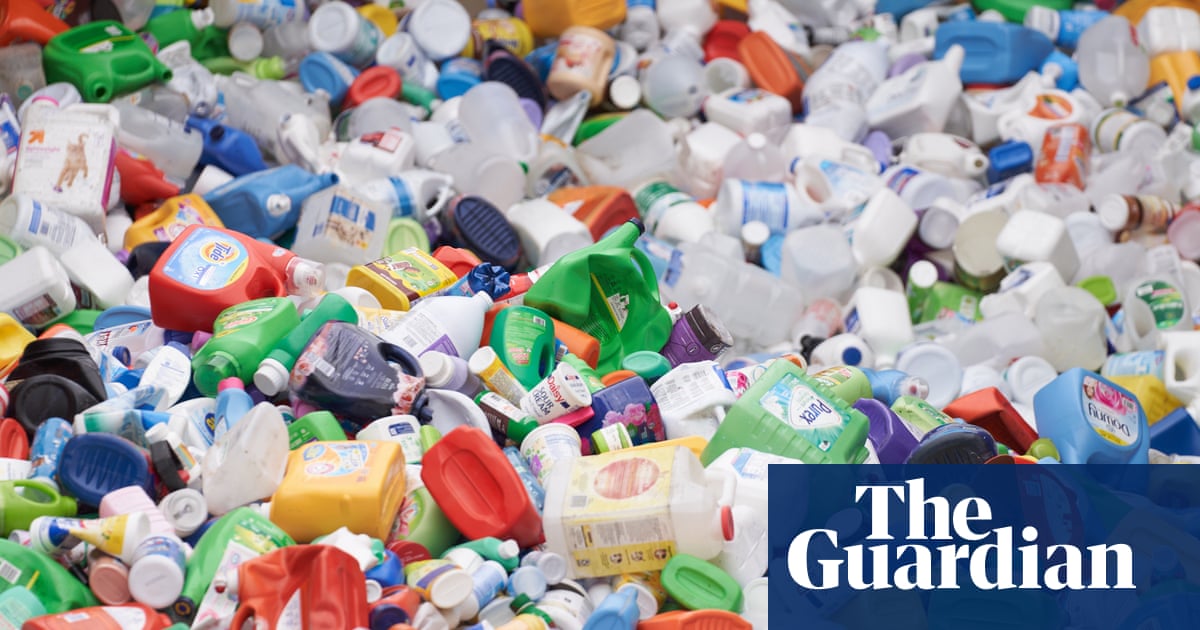EDINBURGH, Scotland – In a groundbreaking discovery, researchers have unveiled a method to convert plastic waste into painkillers using bacteria, potentially revolutionizing the production of drugs like paracetamol.
Breaking: Sustainable Drug Production via Bacteria
Scientists at the University of Edinburgh have successfully used E. coli bacteria to create paracetamol from plastic waste. This innovative approach offers a dual benefit of producing pharmaceuticals more sustainably while reducing environmental plastic pollution.
“People don’t realise that paracetamol comes from oil currently,” said Prof Stephen Wallace, lead author of the research. “This technology shows that by merging chemistry and biology, we can make paracetamol more sustainably and clean up plastic waste from the environment at the same time.”
Immediate Impact
The announcement comes as environmental concerns about plastic waste and the sustainability of drug production intensify. The research, published in Nature Chemistry, details how a chemical reaction known as Lossen rearrangement was made biocompatible, allowing it to occur in living cells without harm.
Key Details Emerge
The team discovered the process by converting polyethylene terephthalate (PET), a common plastic, into a new material. When incubated with E. coli, this material transformed into PABA, a precursor to paracetamol.
The Lossen rearrangement, typically requiring harsh conditions, occurred naturally in E. coli, catalyzed by phosphate within the cells.
Industry Response
Experts in the pharmaceutical and environmental sectors are closely watching this development. The method not only promises a more sustainable production pathway but also addresses the pressing issue of plastic waste management.
By the Numbers
- Paracetamol yield: up to 92%
- Conversion time: under 24 hours
What Comes Next
While further research is necessary to scale this process for commercial use, the implications are vast. The team is optimistic about the potential for broader applications in sustainable drug manufacturing.
“It enables, for the first time, a pathway from plastic waste to paracetamol, which is not possible using biology alone, and it’s not possible using chemistry alone,” Wallace stated.
Background Context
This development builds on previous research into biocompatible chemical reactions. The timing is particularly significant as global plastic waste continues to rise, and the demand for sustainable practices in drug production increases.
Expert Analysis
According to industry analysts, this method could set a precedent for future innovations in biochemistry and environmental science. The integration of genetic modification and chemical engineering represents a significant shift from traditional manufacturing processes.
Regional Implications
The move represents a significant advancement for Scotland’s scientific community, highlighting the region’s commitment to pioneering sustainable technologies. It also aligns with global efforts to reduce reliance on fossil fuels and mitigate plastic pollution.
As the research progresses, the potential for transforming waste into valuable resources could redefine industrial practices worldwide, marking a new era in the intersection of environmental science and pharmaceutical development.
